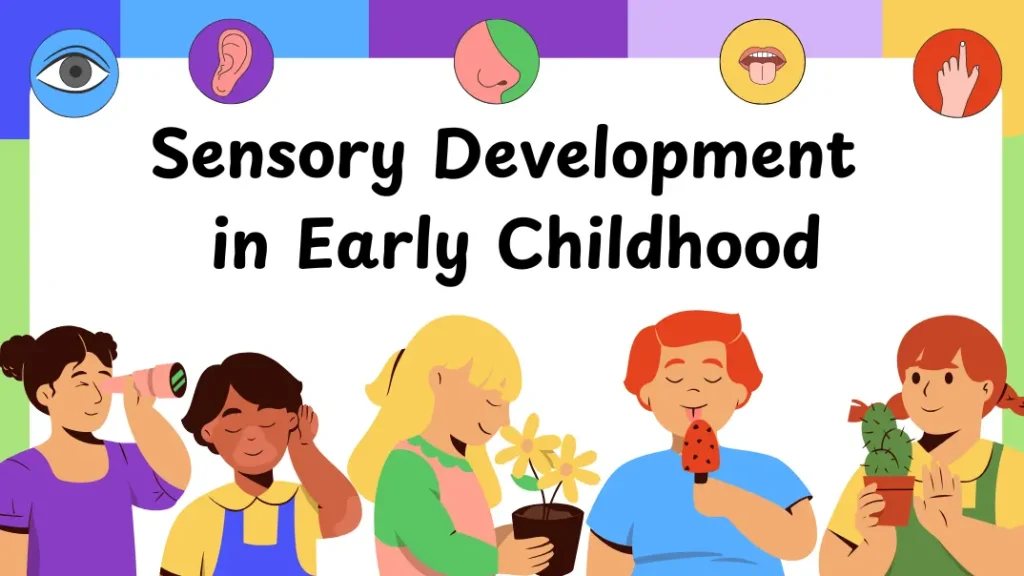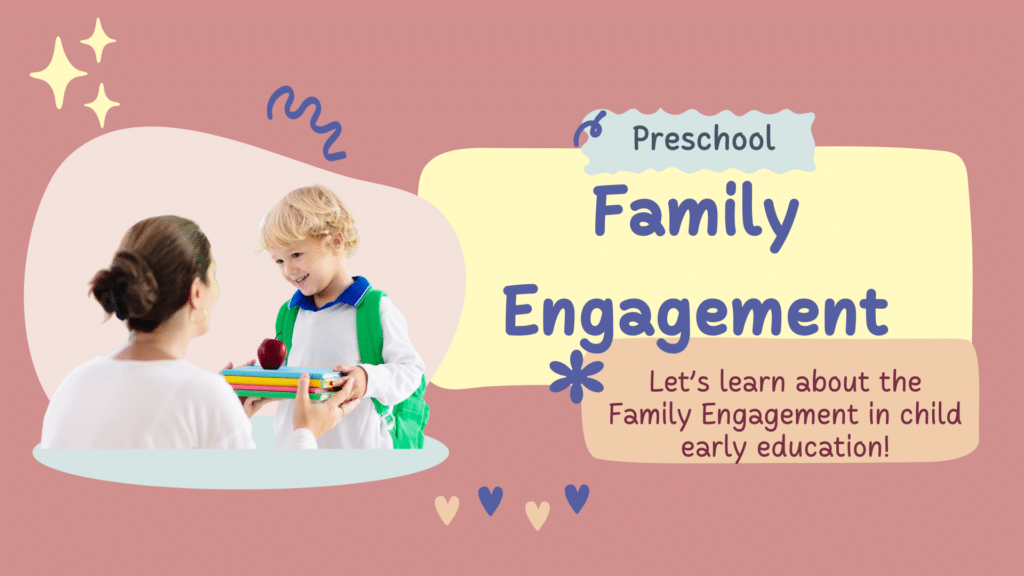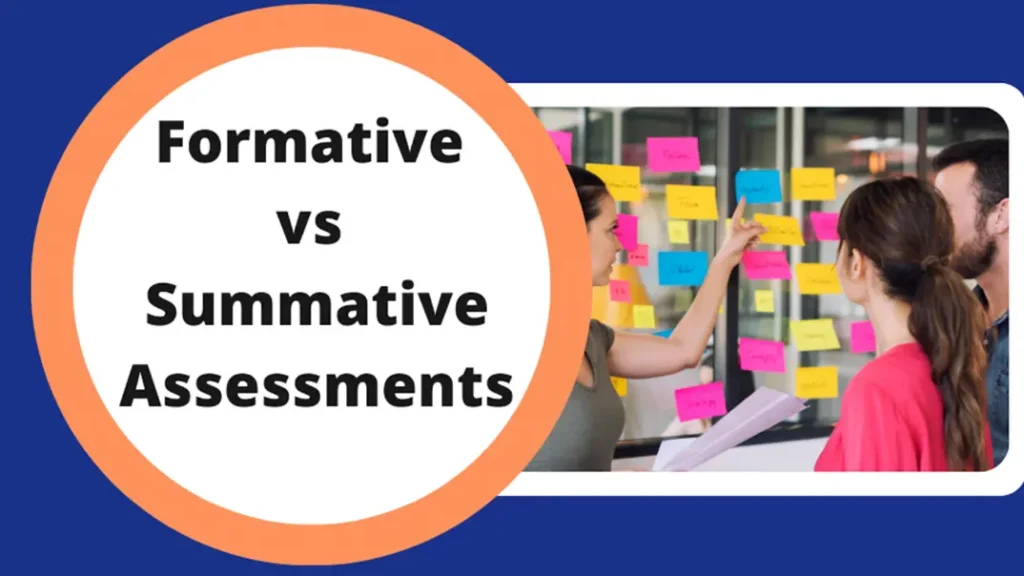What is Associative Play? Promotes Child Development and Social Skills

Associative play is a vital stage in child development, where kids begin playing with peers without formal organization. This article explores its benefits, differences from other play types, and how teachers and parents can foster it in preschool settings.
Piaget Stages and Theory of Cognitive Development

Explore Jean Piaget’s theory of cognitive development, including his four key stages. Understand how this theory impacts early childhood education and how educators can apply Piaget’s insights in creating effective learning environments for young children.
How to Foster Independence in Preschoolers?

This article explores effective strategies for fostering independence in preschoolers, focusing on creating supportive environments, encouraging decision-making, teaching self-help skills, and promoting problem-solving. By gradually guiding children toward self-sufficiency, parents and educators can help preschoolers build confidence, resilience, and independence, which are essential for their growth and development.
A Comprehensive Guide to Sensory Development in Early Childhood

This guide explores the significance of sensory development in early childhood, focusing on how sensory activities contribute to a child’s cognitive, physical, and emotional growth. It highlights the role of sensory play in shaping a child’s ability to interact with and respond to their environment, supporting key developmental milestones.
Formal vs Informal Assessment: Which Method Truly Enhances Student Learning?

This article explores the differences between formal and informal assessments, analyzing how each method affects student learning and overall educational development. It will provide insights into which method enhances learning outcomes the most in different classroom environments.
10 Strategies to Improve Family Engagement in Early Childhood Education

Family engagement is vital to early childhood success. This article outlines 10 proven strategies schools and educators can use to build strong relationships with families, foster trust, and create collaborative learning environments for young children.
Preschool and Kindergarten: What’s the Difference?

Preschool and kindergarten serve different stages of early education. This article explores their differences in age, curriculum, teaching style, and developmental goals to guide parents and educators in choosing the best fit for young learners.
How to Get a CDA Certificate: Comprehensive Guideline

The CDA Certificate is a valuable credential for early childhood educators, enhancing their career opportunities and professional development. This article covers the essential aspects of obtaining the CDA, including the certification process, costs, training providers, and common FAQs.
Formative vs Summative Assessment in the Classroom

Formative vs summative assessment are essential tools for evaluating student learning. While formative assessments guide instruction, summative assessments measure outcomes. Learn how to balance both in your classroom for maximum impact.





